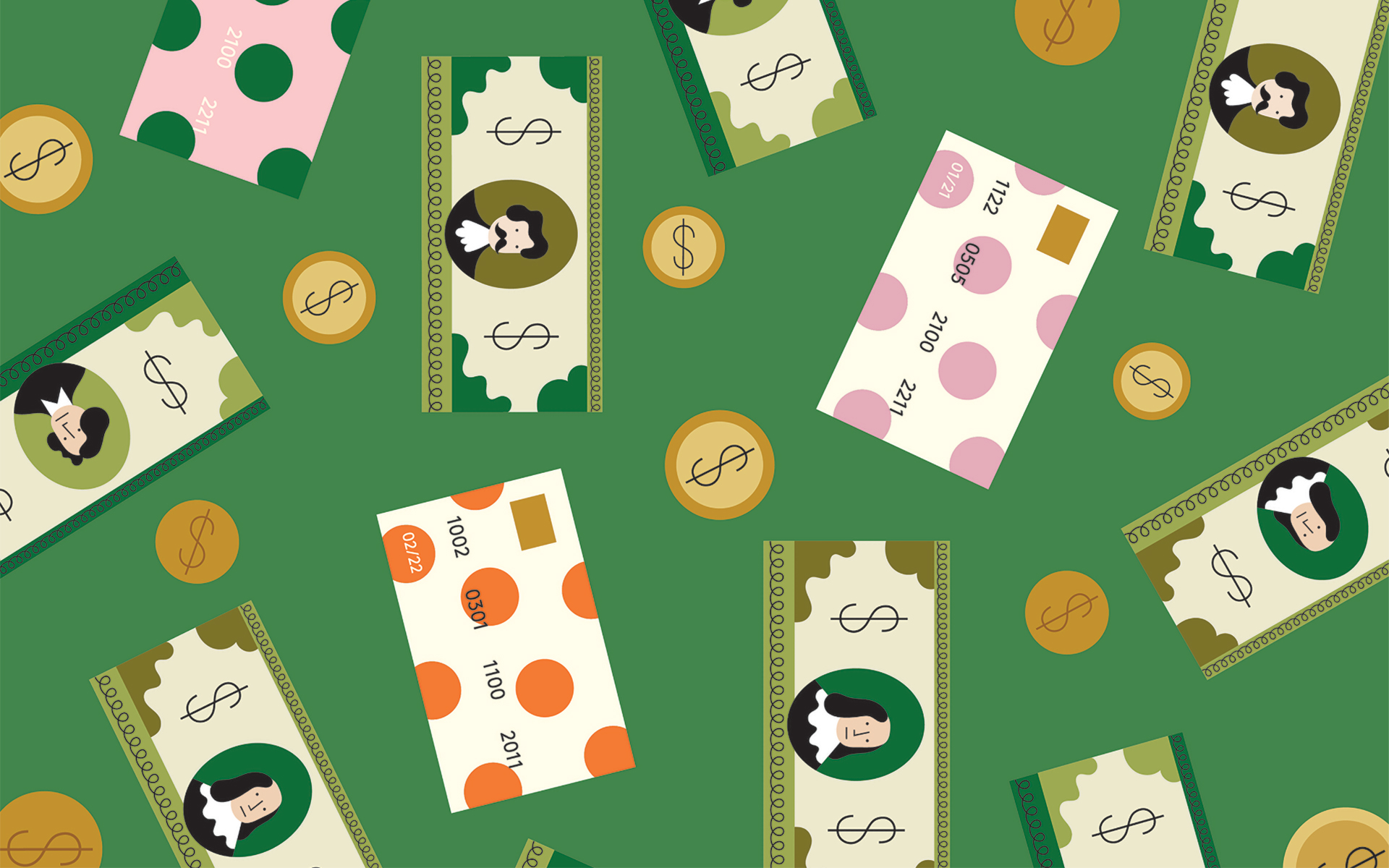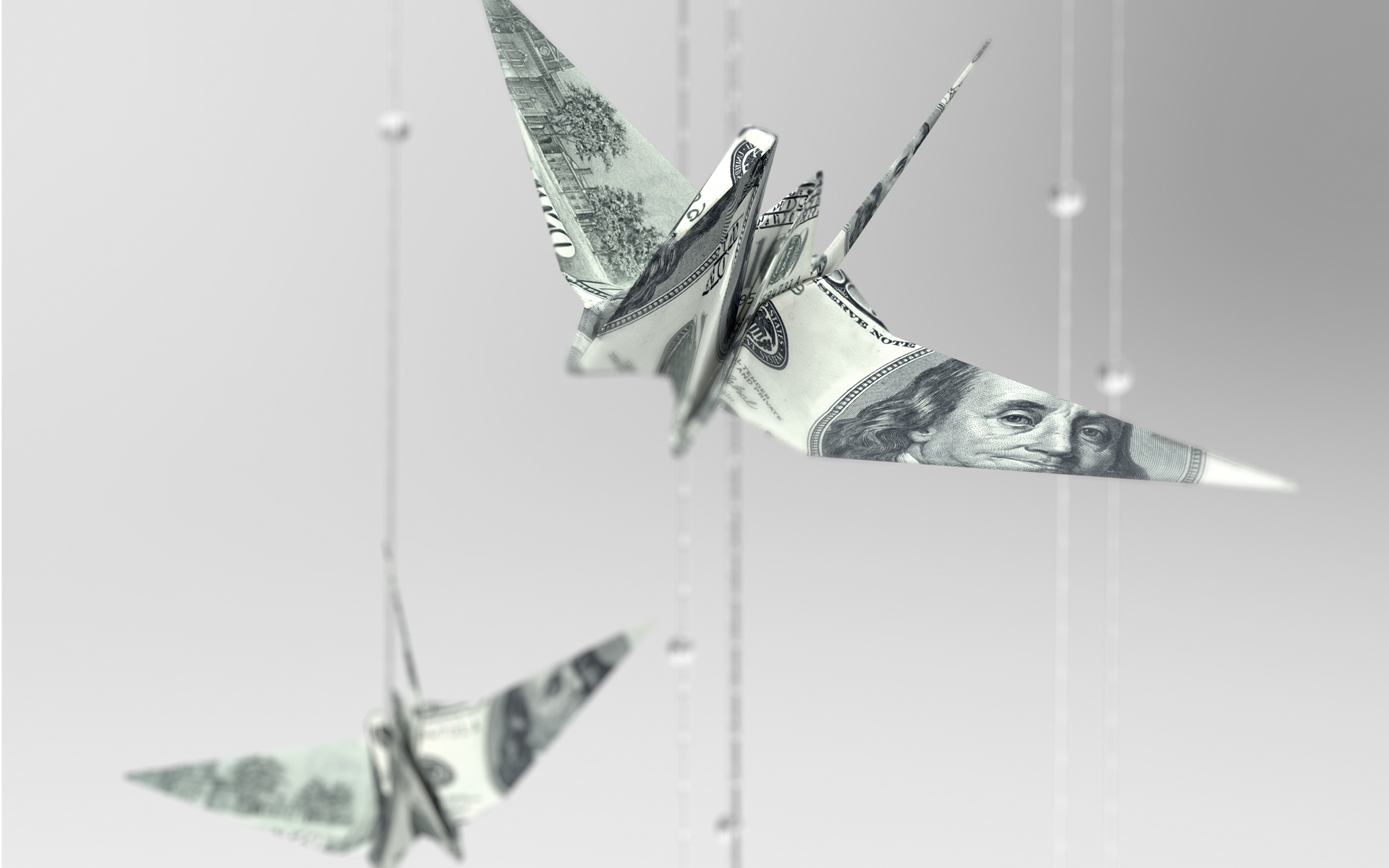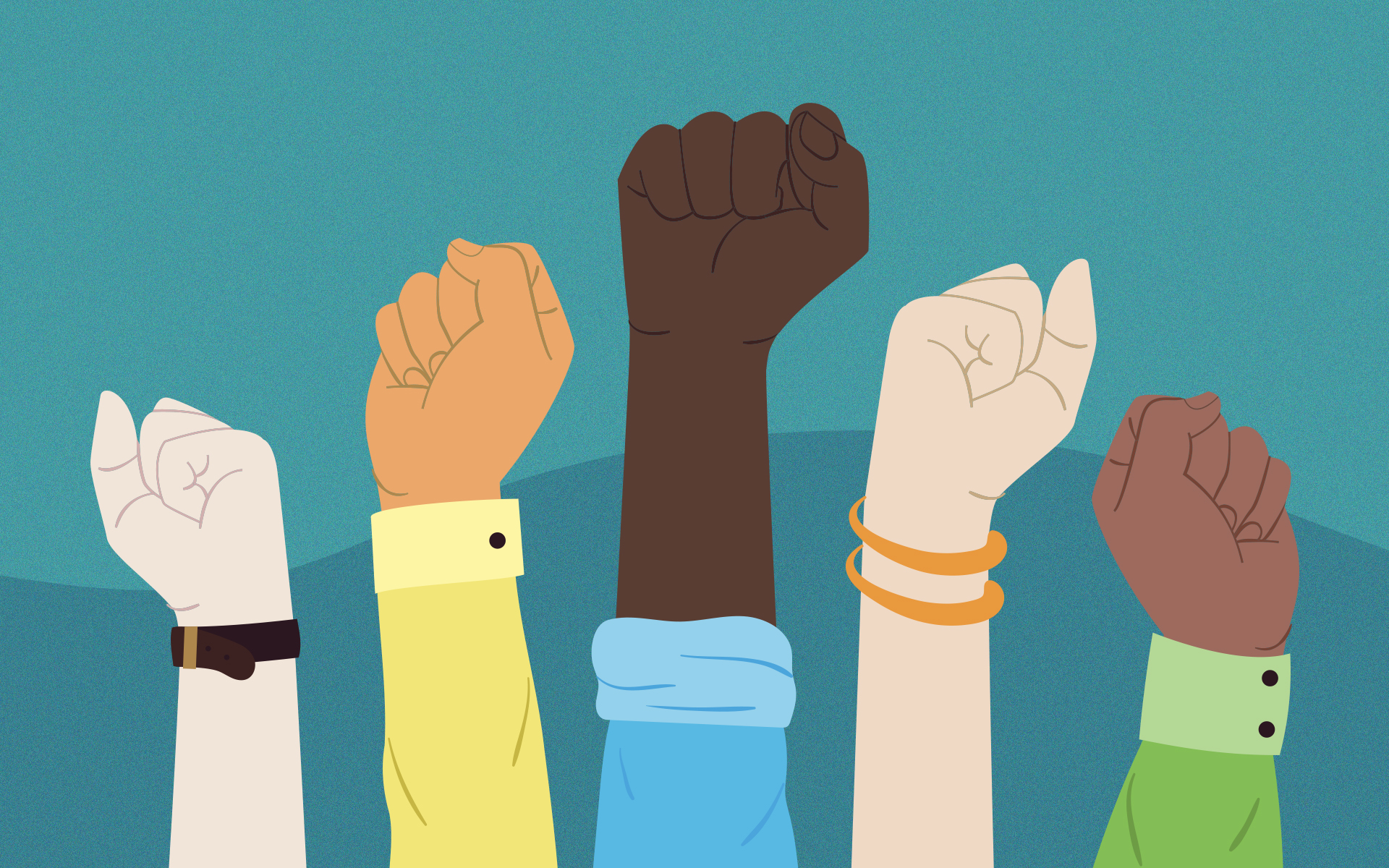We all know the simple instruction. And if we’ve been meditating for a while, we’ve heard it countless times: Bring mindfulness to the ever-present breath. That’s it. That’s the practice. From the breath, flows kindness, compassion, joy, and equanimity (the ability to flow with the ups and downs that life brings).
But there’s another kind of mindfulness practice that also brings these great benefits: bringing mindfulness to our relationship with money. Money?! Yes, money. We think about money and make money decisions frequently. Every time we shop or spend, we engage with money. If we have signed up for alerts on our phone, we are pinged regularly when we pay for products and services, when our balance changes, when our stocks reach a certain price. And, of course, we have lots of emotions tied up with our money worries and goals: Did I overpay for my car, house/apartment, or sofa? How did she afford a house in that neighborhood? Am I saving enough? Will they think I’m cheap if I don’t buy them an expensive gift? Does my boss value me enough to give me the raise I want? Is it ok if I buy another meditation cushion or yoga mat, even though I don’t really “need” one?
When we are worried or confused about money, we are physically feeling ungrounded. Simply by focusing and giving space to the feelings when money thoughts arise, we are befriending instead of avoiding or running from those difficult feelings.
Let’s consider that our money fears and worries are tied to security and survival. When we are worried or confused about money, we are physically feeling ungrounded. Meditation can help. Simply by focusing and giving space to the feelings when money thoughts arise, you are befriending instead of avoiding or running from those difficult feelings. Think of those feelings as the friendly messenger. As you welcome the feelings, you are changing your relationship with money while doing your mindfulness practice at the same time.
I’m not suggesting that we can just flip a switch and start investigating difficult money feelings with ease, but to motivate us to seize the day, and reverse the way we relate to money. This is the area of our lives where we tend to avoid, repress, distract, panic, and react when a money challenge is present. And for the sake of full disclosure, I—a veteran financial advisor—have panicked and sold my investments when the markets have crashed. I am no stranger to money reactivity. In a way, the more often we experience money worry and stress, the more opportunities we have for mindfulness practice.
A Simple Practice for Engaging Money Issues
A 10-Minute Practice to Face Your Money Fears
1. When you have a money thought, notice the associated feeling that resides in your body. Where is it? What is the feeling? Get clear and intimate, really pay attention.
2. Allow any feelings that arise simply to be, and welcome those feelings through your entire body. What are these feelings trying to communicate to you?
3. After listening to those feelings, say some phrases of loving-kindness to yourself. For example, you might say: I love you, you’re going to get through this, you’re bigger than your money.
That’s the essence of the practice.
Let’s explore a few topics of financial well-being, and how you might start bringing a deeper awareness and self-compassion to your style of navigating them.
Untangling Debt
When we are in debt, it can color our whole life. That’s the negativity bias. Even though we know we are multi-faceted, when we habitually think of ourselves as debtors, it’s difficult to see that qualities of generosity and abundance live within us as well. The shame of debt and losing money can isolate us into thinking that we are alone. We are not, of course, alone in this experience, nor in the struggles and painful emotions.
What’s important is that we start to loosen our beliefs—change the neural pathways in our brain in order to experience debt differently. I recommend paying down your debt—no matter how slowly you go—and at the same time, giving and saving. Remember the acronym GPS: Give to charity, Pay down your debt, and Save something for yourself. These amounts can be small, and you don’t even have to give money. You could give resources or volunteer time at a food bank, for example. The idea here is to start telling your brain through your actions that, although you have debt, you are not a “debtor.”
Here’s something to try: If you give a dollar a day (or $30/month) to charity, pay down your debt a dollar a day, and save a dollar a day in your retirement plan (if you have one) or your savings account, you will begin to see yourself as a saver and giver. Start small and build these habits over time, and if available to you, take advantage of automatic payroll deductions as you save into retirement accounts.
Awareness of Earning
Be mindful of the hard work and the value you created to produce your paycheck. Become aware of the level of appreciation your employer has for your work. When you receive your paycheck, feel that appreciation, and imagine the gratitude flowing from your coworkers and clients toward you. Each day, focus on three things you did to help and support your clients and colleagues.
You may not feel that your employer or coworkers appreciate you. Perhaps you are underpaid, or perhaps you don’t feel good about the job you are doing. By paying attention to how you feel about your compensation, you might begin to inquire: Is this the right job for me? Should I be paid more? Would I feel better about my job if I earned more? Bring your attention to all the feelings that arise, using the mindfulness practice above.
Know Your Spending
How do you feel about the purchases you’ve made in the last year? Satisfied? Regretful? Ask yourself, before your purchase: Am I hoping to get something (like happiness)? Be aware of the patterns of the mind: Are you always looking for that shiny object to make you feel better? What feelings are you avoiding through your spending? Or, what feelings are you avoiding by being overly frugal? Is there a way to satisfy your boredom without having to spend? What if many of your purchases are distracting you from and covering up your joy?
Instead of seeking value from things you aspire to have, you could try an experiment of really appreciating things (including the stuff hidden in your closets, garage, and parent’s house) that you already own. It’s kind of like a Marie Kondo exercise. Look around you, really notice what you have in your life that brings you pleasure or that you’ve been under-appreciating. This is a practice of gladdening the heart. Another practice is one of patience and appreciation: Take something you like but don’t use often, hide it away for three months (put a reminder in your calendar), and when you retrieve it, you’ll like that thing even more.
When you pay your rent or mortgage, take a moment to feel gratitude for your home. Notice if you are feeling resentful that you’re being charged too much. Do your possessions feel burdensome? Do they fit a person that no longer feels like you?
Even if you can’t significantly change the amount you are paying for something (rent and utilities, for example), paying attention and discovering how you actually feel will give you some agency over and insight into your values and priorities.
Examine Investing Habits
Get in touch with your desire to make or have a lot of money. Is it coming from a place of disliking your job? Is it from the belief that if I put my savings in speculative investments and make more money, I could quit this boring job and be happier? Is it flowing from a generous place because you want to give more money to charity? What is driving your desire to take more risk for a higher return? Maybe you should change jobs, rather than make risky investments.
Investing is one arena of our lives where one can do very well by keeping it very simple: Just invest in thousands of global companies that align with your values through index funds. Instead of this simple and effective strategy, many of us try to earn a little extra return but with much greater risk. What drives you to take unnecessary risks? Doing the mindful practice above and offering compassion to our difficult feelings will save us from harmful impulses.
Connecting Authentically
The interplay of money and nurturing relationships with friends and family can be challenging, and deeply rewarding. When a friend invites you to chip in on a birthday gift or go away on a ski weekend, what happens in your thoughts and emotions? If you feel a lot of angst, it might motivate you to have an honest conversation about it. It could lead to having a different vacation, or simply a more authentic friendship. Perhaps you feel afraid or ashamed that you can’t afford the vacation, but you don’t want anyone to know that. Telling a friend that you can’t afford to chip in $100 for that birthday gift might liberate you. And it offers your friends the gift of honesty and vulnerability—which are, after all, priceless and the basis for a deeper friendship.
No matter whether you choose to share your feelings with others, discerning useful information from our bodies is always useful. We just need to pay attention to what the body can teach us, which allows us to grow more authentic within ourselves and through our choices.
Money brings us all kinds of necessary things like food and shelter, and can also allow us to enjoy our lives with a little more comfort and ease. But, it is also a source for the cultivation of our mindfulness practice. Each money trigger or stressor in our life becomes a pathway to greater freedom and less reactivity. And, paradoxically, when we’re less reactive and grasping with money, we tend to attract more of it. For me, money is both the source of my suffering and the source of my ease and equanimity, because it’s often what I use to be awake and mindful.
READ MORE
Tame Your Money Shame
It’s taboo to talk about financial struggles because our emotions about money run so deep—but naming our feelings around money will help us deepen our relationship with it.
Read More
The Mindful Path to Financial Freedom
Ready to bring your current finances into harmony with your bigger life goals? Money mapping offers a mindful way forward.
Read More
Spark Joy By Getting Rid of Bad Money Habits
Paying attention to the flow of goods and money creates a sense of freedom in our lives. Here is a three-step plan to break free from the need to constantly purchase stuff and take control of our spending habits.
Read More










